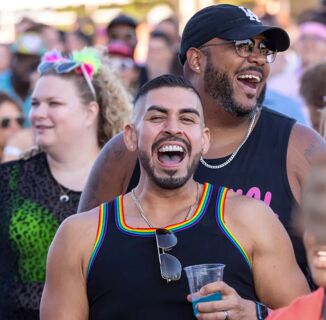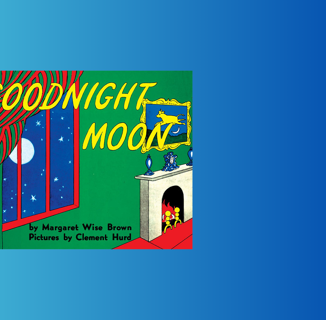Like many queer people, I have always been able to make lemonade out of the lemons that life handed me.
For many marginalized people, the story often sounds the same. The struggle to come out is even more real for folks who are dealing with racial and religious oppression. Some fear that speaking truth to power will cause greater harm than good, while others may fear the repercussions of what could happen when using their story to create opportunities for themselves.
One of the greatest issues that many queer people face when crafting their narrative is not always having the right ingredients to go with the lemons that life hands them. One of the greatest lessons I have learned in my “glow-up” is to start thinking of my story as a brand, and using my brand to create a narrative that I fully own and control.
So why talk about branding when talking about your coming out journey?
Well, one of the best ways to begin your healing process and start your “glow-up” is to own every single element of your story. No one knows your story like you do. In my journey, I have learned that I feel most powerful when I remind people that I fully control of my own narrative, and fully own the authenticity in my experiences.
When I first came out, there were so many things I believed to be true about the Black queer experience. I was led to believe that I needed to live up to the stereotypes and misconceptions of my community, only to learn that these were things I never wanted to be a part of my individual story.
From the likes of Tyler Oakley to Kat Blaque, thinking of yourself and your story as a brand allows you to tell your story with purpose while offering an opportunity to inspire the masses. It helps you to better understand where you have been, what you have been through and where you want to go. Even more, it bolsters your self-esteem and the value of the story that you have to tell.
Throughout the trajectory of my glow-up, I have always centered the learning and the teachings of Audre Lorde and Ida B. Wells in my work. As I seek to speak truth to power around issues that affect me, I often think about ways I can use my voice to encourage others to speak without fear. I often use anecdotes and teachings from other queer individuals who not only shaped my life, but remind me that existence is in fact resistance.
From them, I have learned that no one can tell your story better than you and you deserve to own every bit of the story you decide to tell.
In 2016 when I created DoctorJonPaul.com, I wanted to remind individuals how narrative storytelling could be a form of healing. From written articles to public speaking to a mini-documentary, I learned early that in order to reshape the way Black queer people are seen in the media, I had to get my story in front of the masses and show other queer/trans people of color that healing from past trauma is in fact possible. By using social media, YouTube, and word of mouth, I encouraged people to look to my brand as a template for what healing could look like as QTPOC, a brand that people learned to love and trust.
In my journey, one of the most important things I have had to learn is that having all the talent in the world means nothing if you don’t know the worth of it. In the few years I have been established, I have been asked several time to speak and write for free, knowing the amount of copious labor that goes into both. Knowing your brand also means knowing and understanding your worth in a world that often views you and your story as less.
This is the core part of my brand’s messaging: You deserve the love, success and shine that you’re so willing give to everyone else. I also preach a message that every story, every journey, and every experience is something that others can use to grow and thrive from.
When you begin to think about your story as a brand by breathing life into something that no one will ever be able to reproduce, it provides you the upper-hand in maintaining creative rights. You are given the opportunity to share bits and pieces of what makes you who you are and why it is so important for the world to know.
A stark reality is that often for queer people, specifically queer/trans people of color, the stories and the experiences we have are often co-opted and commodified. Rarely are queer people allowed to have power in how these stories are crafted. For many queer/trans people of color, their stories are white-washed or changed in certain media spaces, allowing space for them to lose their impact.
Remember: not all brands are good ones. It is important to study the ones who have made a positive impact on your journey and think about why you love and trust their brands. While some love and appreciate folks who have created brands around their images like Ellen DeGeneres and RuPaul Charles, there are also folks who have ruined their image with their brand (yes, I am talking to you, Milo Yiannopoulos).
As you build your brand and speak about your glow-up, be cautious of those who are only interested in profiting off of your pain, rather than helping you to overcome it. As you think about your shine after coming out, remember that thinking of yourself as a brand not only helps you to protect your story, but to protect the history and work that you may one day leave behind for others, helping them to thrive.
Illustration by Bronwyn Lundberg
Help make sure LGBTQ+ stories are being told...
We can't rely on mainstream media to tell our stories. That's why we don't lock our articles behind a paywall. Will you support our mission with a contribution today?
Cancel anytime · Proudly LGBTQ+ owned and operated
Read More in Culture
The Latest on INTO
Subscribe to get a twice-weekly dose of queer news, updates, and insights from the INTO team.
in Your Inbox













